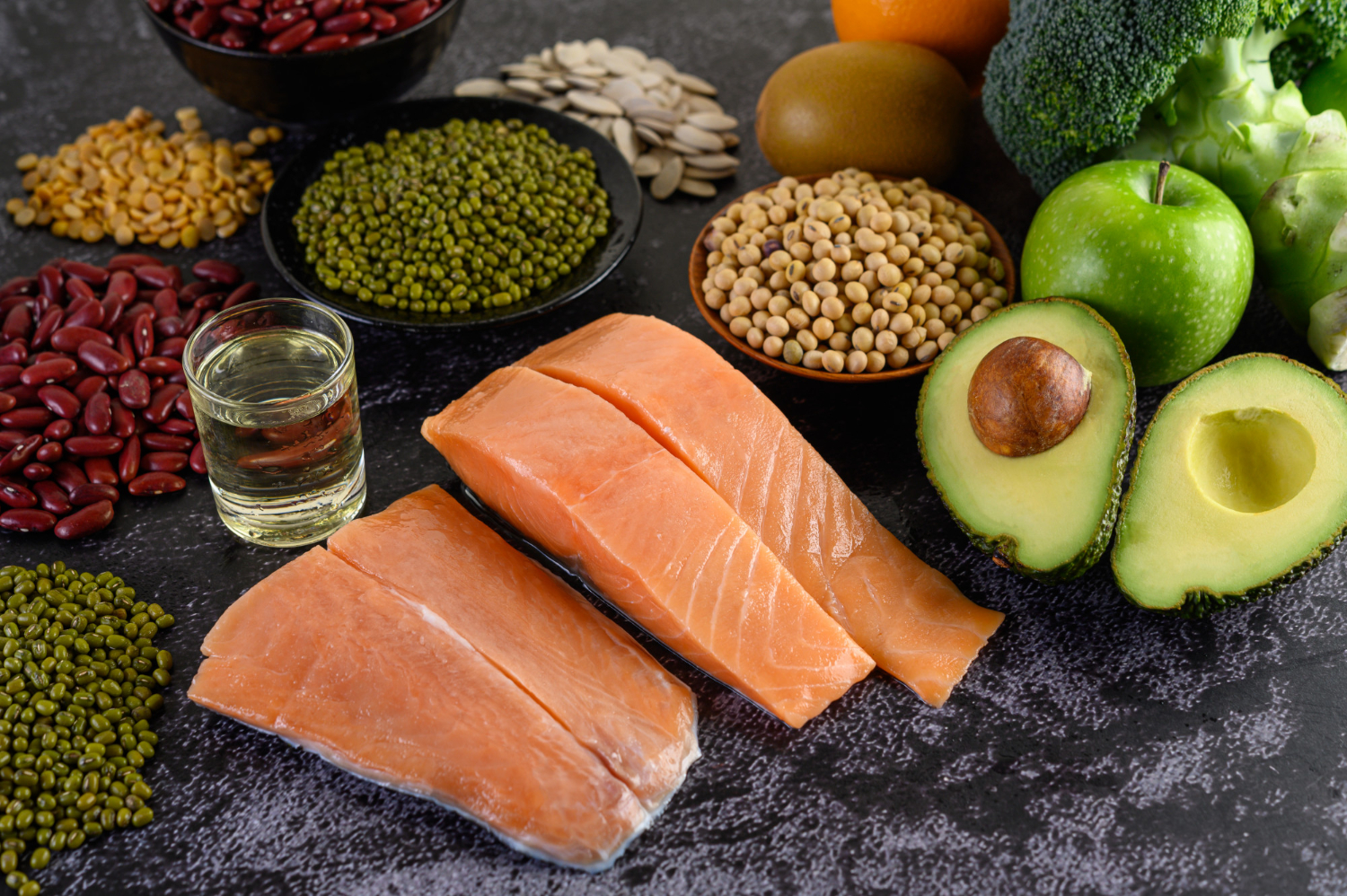10 foods high in vitamin b
Vitamin B: 10 Foods High In Vitamin B
Jan 26, 2023, 6:32:24 AM

Vitamin B: 10 Foods High In Vitamin B
Vitamin B is responsible for keeping good health and the welfare of the body. Since vitamin B serves as a building block of the body, it helps in the functioning of energy reserves, brain processing, and cell metabolism.
The requirement for the proper amounts of vitamins and nutrients should be kept sufficient to promote health and well-being.
Out of the total 13 essential vitamins required by the body, eight are that of the vitamin B complex. These include:
- Thiamin (B1)
- Riboflavin (B2)
- Niacin (B3)
- Pantothenic acid (B5)
- Pyridoxine (B6)
- Biotin (B7)
- Folate/folic acid (B9)
- Cyanocobalamin (B12).
The main use of vitamin B is to convert energy-full food like carbohydrates into fuel, which is promoted by the body through this vitamin. Not sufficient energy would be present without vitamin B nutrients.
Vitamin B complex foods
There are many vegetables, fruits, and whole grains which are high in Vitamin B such as:

1. Whole Grains
Whole grains contain all the nutrients that are important for the body unlike processed food, which has all the nutrients eliminated from grains. Vitamin B present in grains is:
- Millet
- Barley
- Brown rice
2. Eggs (Vitamin B12 Food)
The best vitamin B12 sources are eggs. Eggs contain pantothenic acid (B5) and Cyanocobalamin (B12) as a rich source of vitamins.
Two large eggs maintain vitamin B12 in the amount of 46% and vitamin B2 in the amount of 39%.
3. Legumes
It contains food items like garbanzo beans, lentils, and beans. Legumes also work to improve your blood sugar levels and cholesterol, apart from being a good source of vitamin B.
4. Citrus Fruits (Folate acid food)
About eight vitamin B nutrients are present in citrus fruits like lemons, oranges, and clementines. But citrus fruits contain more folate acid as compared to other vitamins.
5. Avocados (Vitamin B6 Food)
Avocadoes have 20 minerals and vitamins contained in them. A single cup of avocadoes, which is about 150 grams, has sufficient folate of 30% and vitamin B6 of about 23%. Several other uses of avocadoes are:
- Energy
- Heart health
- Weight loss
- Mood boost
- Bone strength
- Eye protection
6. Meat, Poultry, Fish
Vitamin B3, vitamin B6, and vitamin B12 are present in sources of fish like salmon, and tuna, in sources of poultry like turkey, and chicken, and in meat like pork and beef, etc. A variety of minerals are also present in these items, like zinc, iron, potassium, chromium, and selenium.
7. Fortified Breakfast Cereals
Different breakfast cereals are also fortified with vitamins like vitamin B12, vitamin B6, thiamin (vitamin B1), riboflavin (vitamin B2), and folate.
8. Beef Liver (Vitamin B12 Food)
Beef liver is packed with vitamin B12, with its single-serving containing 1000% of the required dose for daily use. Niacin in 75% amount is also present in it, with other vitamins like folate, biotin, pantothenic acid, and B6.
Beef is abundant in a variety of vitamin B types like thiamin, niacin, B6, folate, biotin, B12, pantothenic acid, and riboflavin.
9. Milk
About 29% of the required intake of riboflavin is contained within a cup of milk, half the amount of required vitamin B12, with niacin, B6, thiamin, biotin, and pantothenic acid. An alternative for vitamin B abundant nutritious food is oat milk for people with the lactose-intolerant condition.
10. Carrots
Raw carrots have vitamins like niacin, thiamin, folate, riboflavin, and vitamin B6. For light snacks with rich vitamin content, carrots are considered significant as they can be used in a salad or hummus, as they are nutritious in vitamin B.

Conclusion
In conclusion, Vitamin B is a group of essential nutrients that play crucial roles in maintaining overall health and wellness. Each type of Vitamin B has specific functions, such as supporting energy metabolism, maintaining healthy skin and nerves, and promoting the formation of red blood cells. A balanced diet that includes a variety of foods rich in Vitamin B, along with regular exercise and a healthy lifestyle, can help ensure that the body receives adequate amounts of these important vitamins. However, it's also important to note that, when it comes to deficiency or excess, consulting with a healthcare professional is always recommended. Taking supplements without consulting them may cause harm.
In addition, it's worth noting that certain individuals may be at a higher risk of Vitamin B deficiency due to certain medical conditions or medications, such as those with gastrointestinal disorders, alcohol dependency, or taking certain medications that can interfere with Vitamin B absorption. These individuals may require additional supplementation or monitoring of their Vitamin B levels. It's also important to note that Vitamin B is water-soluble, which means that any excess is excreted in the urine, making toxicity from excessive intake of Vitamin B supplements rare.
Overall, Vitamin B plays a vital role in maintaining the overall health and wellness of the body. By including a variety of Vitamin B-rich foods in the diet and consulting with a healthcare professional if needed, individuals can help ensure that they receive adequate amounts of these essential nutrients.
LATEST BLOG POSTS
RECOMMENDED PRODUCTS
Radiant Platinum Vitamin B12 1000mcg, Supports Healthy Nerves, Energy Metabolism - 90 Tablets
(13)
IN 30 mins
AED 49.88
99.75
Sunshine Nutrition B Complex with Vitamin C 1000mg, Energy, Immunity & Stress Support - 100 Tablets
(255)
IN 30 mins
AED 91.14
130.2









